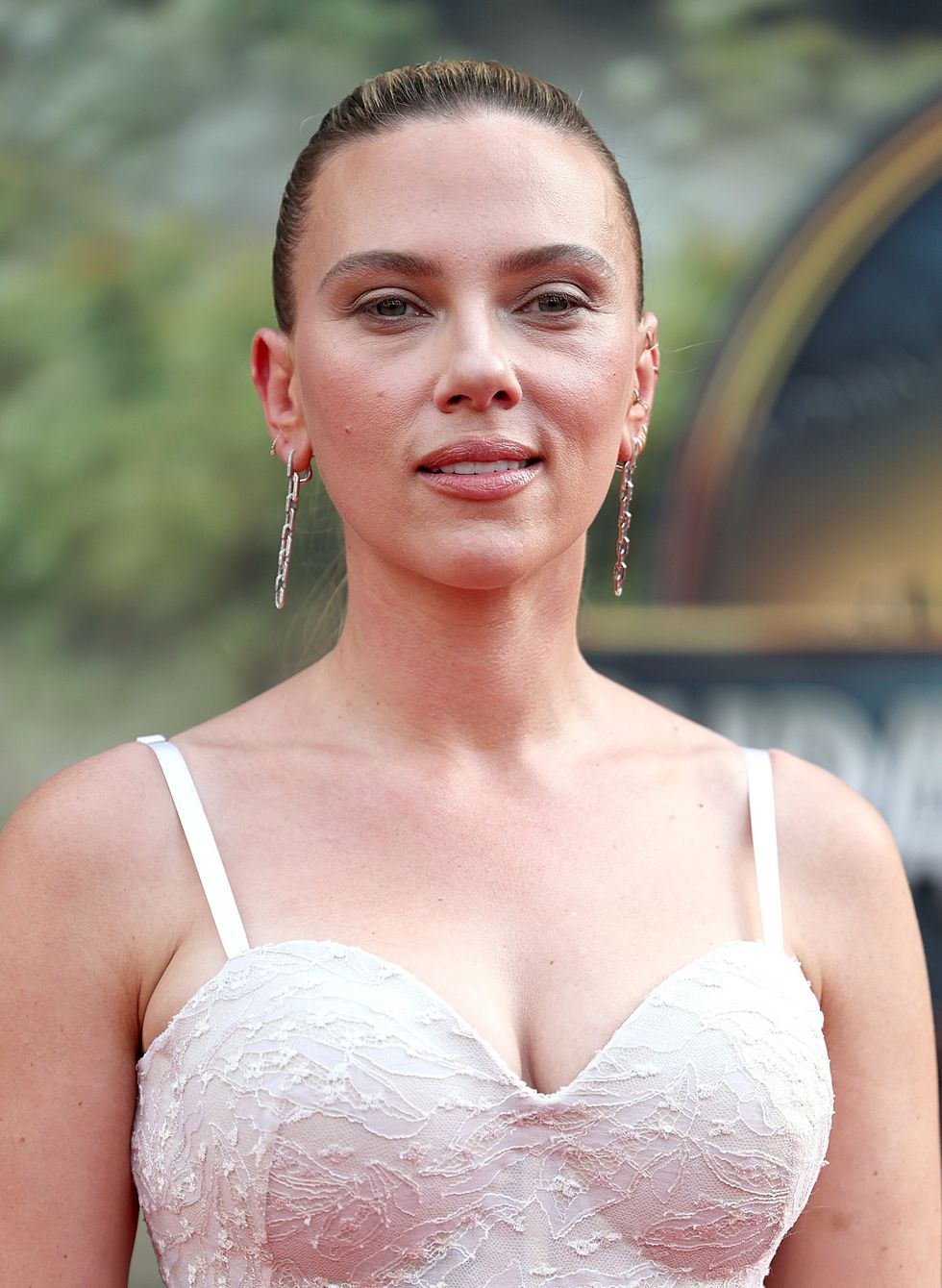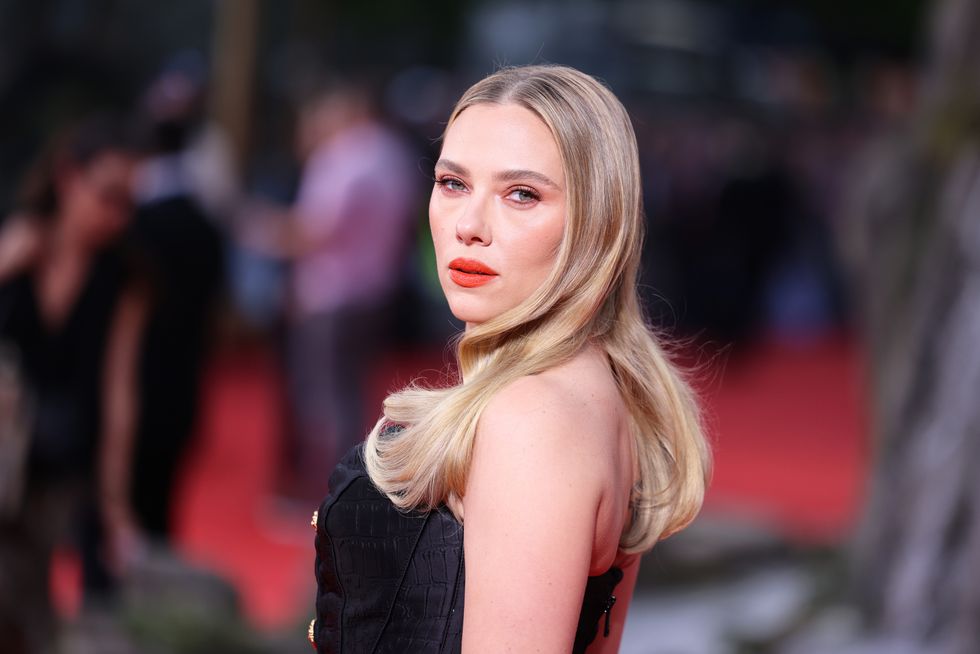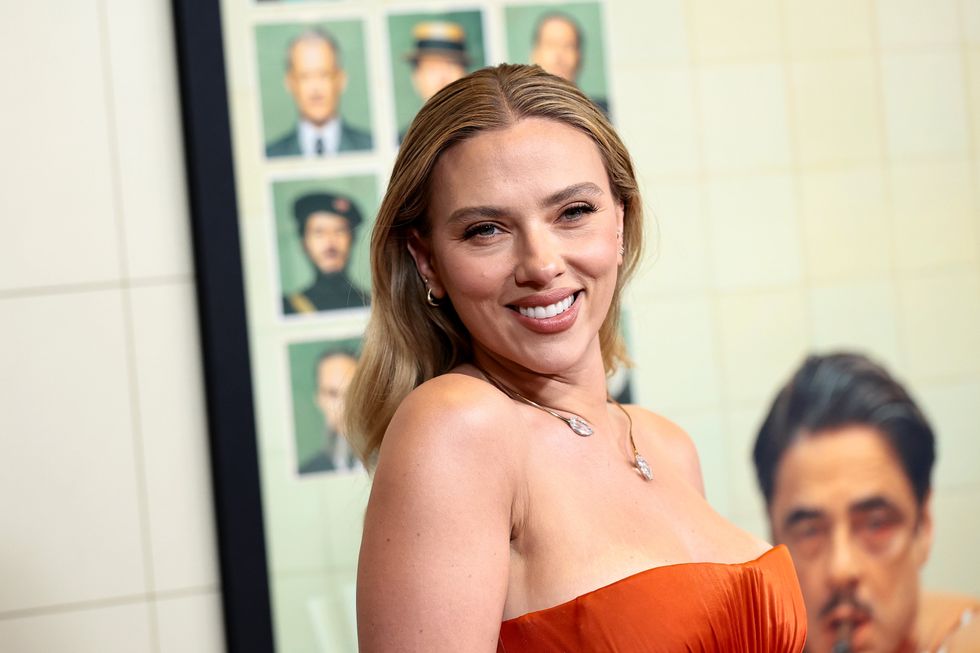A PASSION for highlighting the recipes and food traditions of Bangladesh has led Dina Begum towards becoming an author of two widely acclaimed cookbooks.
The British culinary expert has followed up Brick Lane Cookbook with the recently published Made in Bangladesh, which has also received a great response. The new book celebrates traditional Bangladeshi cooking, culture and the country, adding to a food journey that has enabled her to reach cross-cultural audiences with delicious recipes.
Eastern Eye caught up with the talented London-based food writer to talk about her new book and top cooking tips.
How do you reflect on your culinary journey?
It’s been a very positive and enlightening journey. It’s rewarding sharing recipes passed down from previous generations and educating people on Bangladeshi food and food history.
What led you towards writing your latest book, Made in Bangladesh?
It was important for me to document and preserve the traditional and regional recipes of my heritage for a wider international audience.
Bangladeshi food is very much underrepresented, and I wanted to change that. Often, it’s included under the umbrella of Indian food, so I wanted to highlight how it is a cuisine in its own right and deserves recognition. The breadth and depth of Bangladeshi food is vast, offering many unique flavours and techniques
Tell us about the book.
The book is a collection of regional recipes, based around the six seasons of Bangladesh.
It provides a snapshot of Bangladeshi home cooking, the dishes I grew up eating and personal essays and anecdotes, as well as beautiful location photography and images of the dishes. It’s part cookbook, part travelogue.
How did you select the recipes for the book?
I’ve been writing recipes since I was very young and watched my mother and grandmother cook family recipes, which are the backbone of the book. I drew on these recipes first, then built up recipes I’ve learned along the way, making sure to highlight regional specialties.
Many dishes are presented exactly as I’ve been taught to cook them, and some have been minimally adjusted for ease of cooking in a modern kitchen. However, I have ensured the true essence of traditional recipes is not lost. There is no dialling down of flavours.
Do you have any personal favourite recipes in the book?
My personal favourites are the pitha recipes – which are sweet and savoury rice based delicacies and a defining factor of Bangladeshi cuisine. I also love the bhortas (mashes of usually vegetables with mustard oil, chillies and onions) – another staple.
How important was it for you to create recipes that are healthy?
I believe in eating a balanced diet, so my recipes include healthy options with many vegetarian and vegan dishes. I do have special occasion dishes which tend to be richer – but of course these are not meant for everyday eating.
What do you love about Bangladeshi cuisine?
I love the huge variety of fish (especially ilish/hilsa) and rice dishes and have a special spot for Bangladeshi sweets, which are very unique and delicious.
I also love that our meals are usually eaten in courses, so you really get to savour each dish. This begins with vegetables/ pulses, fish, meat/poultry and ends with something sweet.
How does the new book compare to your previous book?
I don’t think I can compare my two books as they are very different, and special in their own right. While Brick Lane Cookbook celebrated the diverse heritage of the area and my personal memories of growing up around Brick Lane, Made in Bangladesh is a cookbook which focuses on the art of traditional Bangladeshi cooking, celebrating the culture and vibrancy of the country. It’s more of a travel and food book through which people can gain an insight into Bangladesh, reading about the many festivals, seasons and regions.
What keeps you connected to your culture?
My parents did a wonderful job ensuring that we remained connected to our Bangladeshi heritage. This was through the cooking and sharing of food, family gatherings and enjoying the richness that the culture has to offer, through literature, films, and music. We also celebrate traditional festivals such as Boishakhi - the Bangladeshi new year festival.
You must like the fact that there has been an increase in home cooking since the global pandemic?
I do love that people appear to be cooking more. It’s such an important life skill as well as an act of love and service.
In your opinion, what’s one tip every cook should know?
I would say, if you don’t already, learn to have fun in the kitchen and enjoy it as much as you can. Whether cooking for yourself, family or friends, cooking should be joyful. Food always tastes better when you put love into it.
Can you give a cooking tip for beginners?
Prep ingredients in advance to save time and don’t worry about getting everything perfect. You’ll get better with time.
If you could learn something new in the culinary world, what would it be?
I would love to master some more complicated Bangladeshi sweet making techniques.
Why should we pick up your new book?
Made in Bangladesh is the first mainstream Bangladeshi cookbook and provides an insight into Bangladeshi food as well as its culture, food history and the country as a whole.
It’s a book for people who love to eat, love travelling and discovering new flavours.
There are recipes in it to suit everyone, from amazing fish and meat dishes to vegetarian and vegan dishes, as well as lots of snacks and desserts to choose from.
Made in Bangladesh by Dina Begum (Hardie Grant, £28), Photography © Haraala Hamilton & Habibul Haque, Drik Picture Library.






 A compelling premise, layered and unpredictable charactersAMG
A compelling premise, layered and unpredictable charactersAMG Anyone who enjoys a gripping story with a diverse cast and unexpected twistsHarperFiction
Anyone who enjoys a gripping story with a diverse cast and unexpected twistsHarperFiction








 As WCL enters its second season, Sharma is scaling upwclegends.uk
As WCL enters its second season, Sharma is scaling upwclegends.uk


 Scarlett Johansson opens up about breaking free from early typecastingGetty Images
Scarlett Johansson opens up about breaking free from early typecastingGetty Images  Johansson reflects on her childhood stardom and evolving careerGetty Images
Johansson reflects on her childhood stardom and evolving careerGetty Images  From Avengers to auteur Scarlett Johansson embraces creative control Getty Images
From Avengers to auteur Scarlett Johansson embraces creative control Getty Images